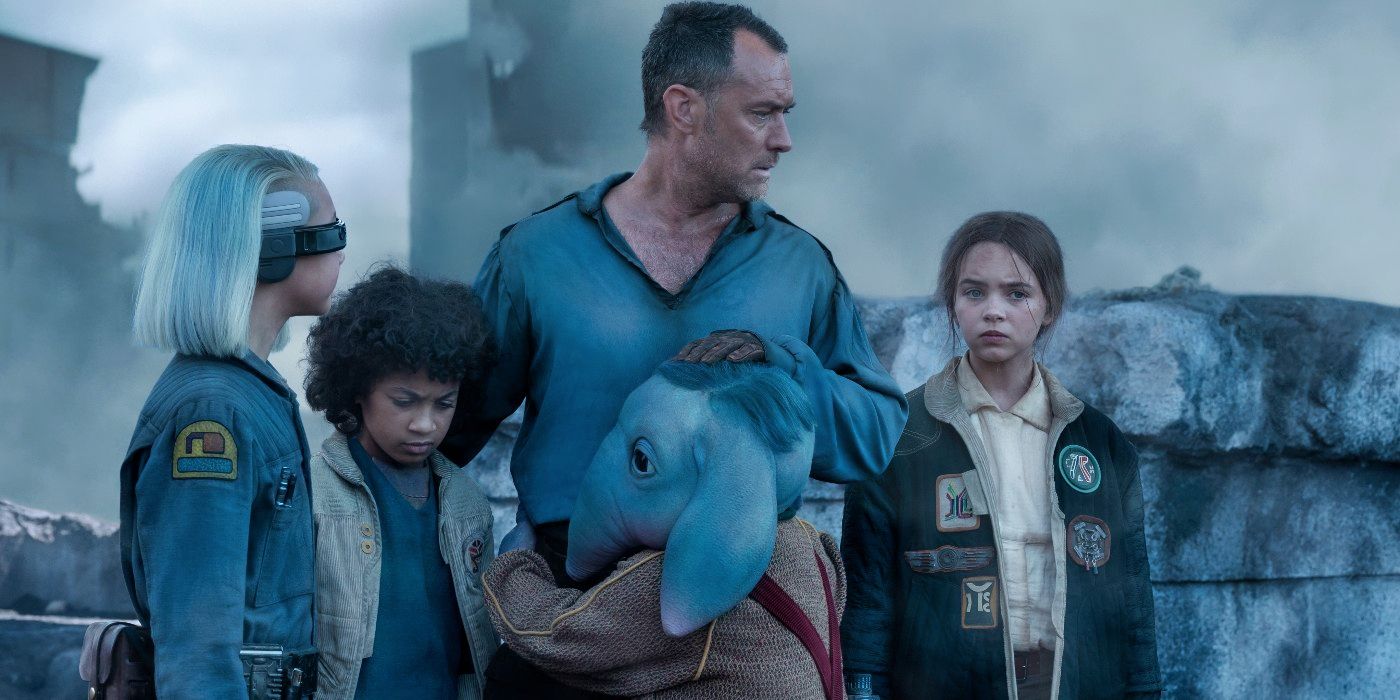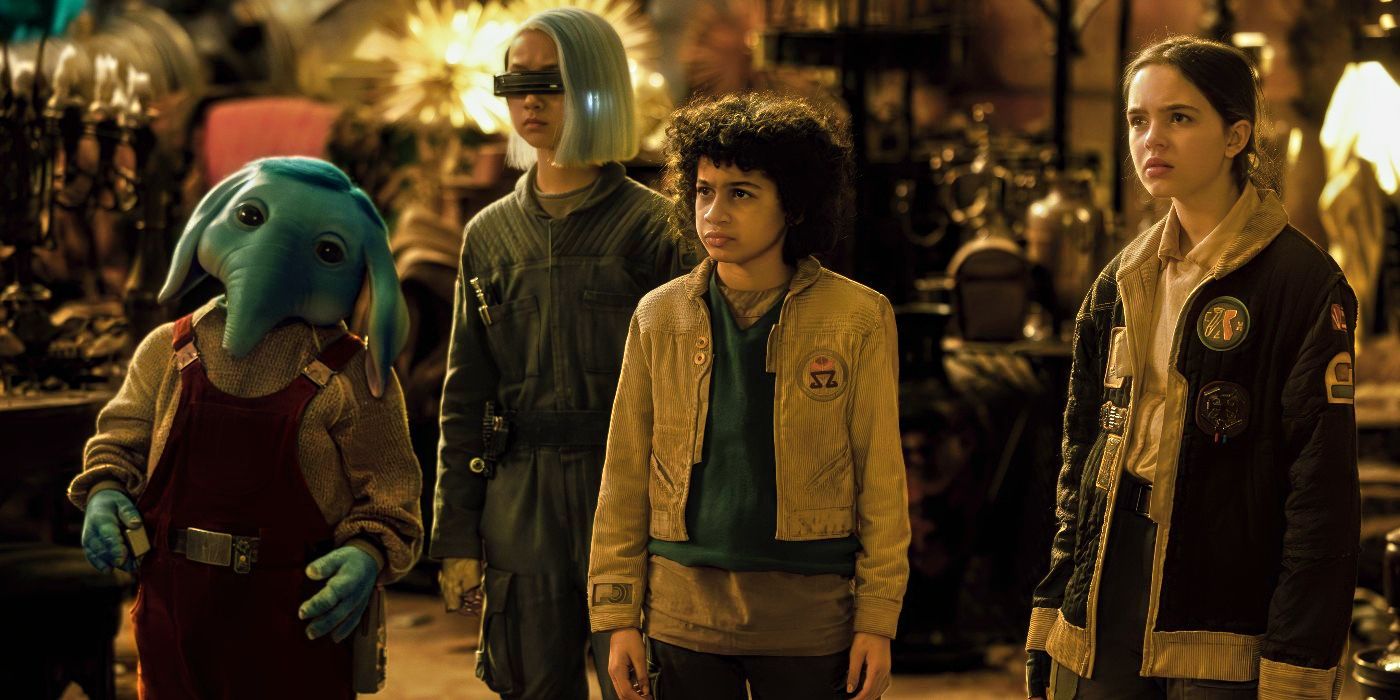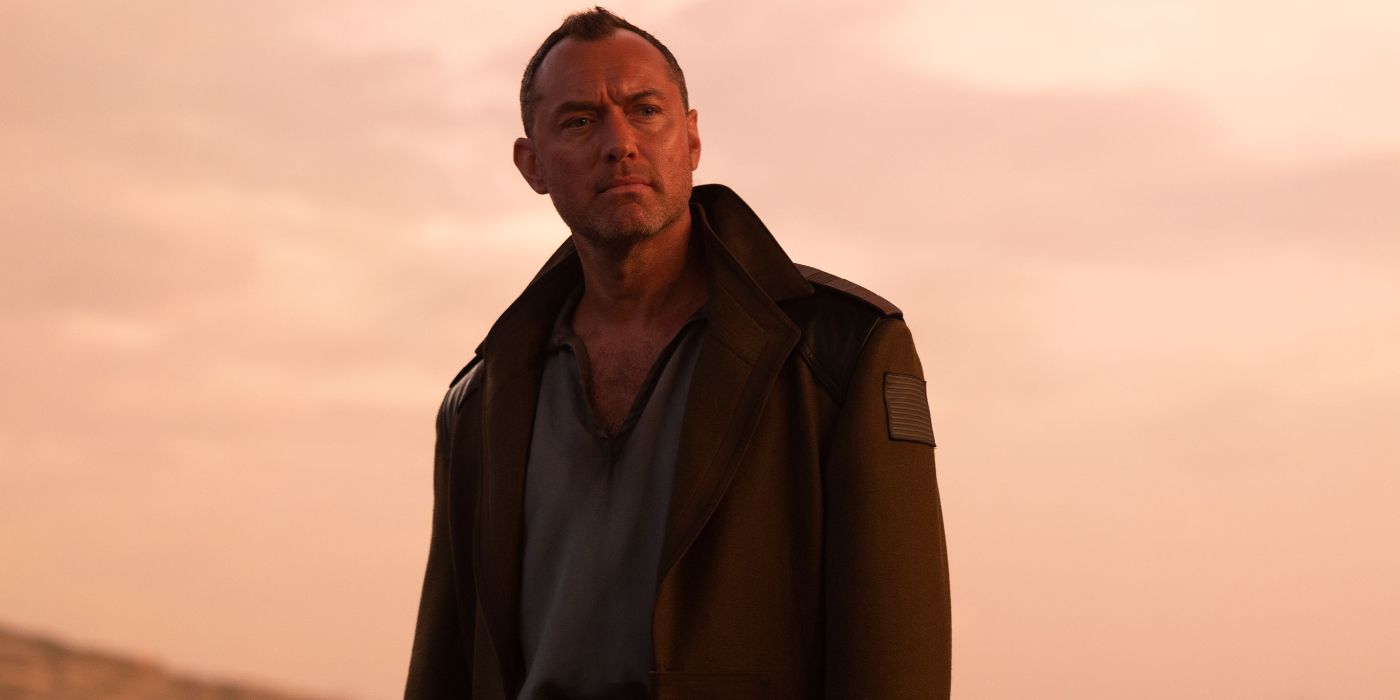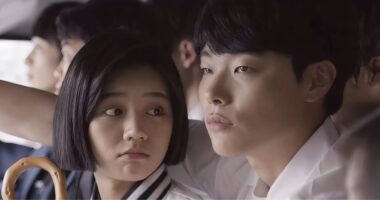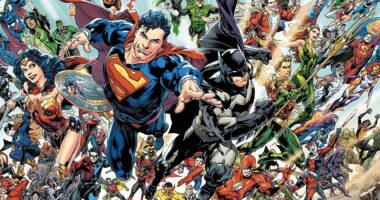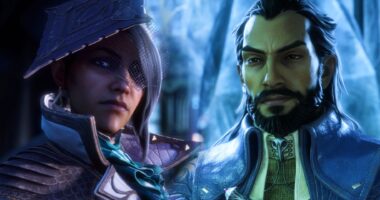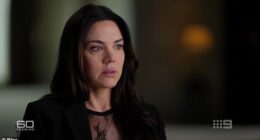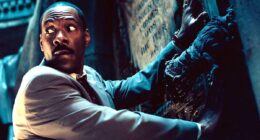Our journey with Skeleton Crew has come to an end (so far). The explosive finale brought the journey of Wim (Ravi Cabot-Conyers), Fern (Ryan Kiera Armstrong), Neel (Robert Timothy Smith), and KB (Kyriana Kratter) to a close with some great character beats and plenty of action. Heading into the finale, there were a number of fans who were hoping to see some sort of “redemption” for Jude Law’s shifty Jod Na Nawood. Obviously, it never came into play, but that’s for the best.
For all the adventure, whimsy, and humor, Skeleton Crew presents audiences with some important themes to chew on. Jod is the perfect villain to hammer those specific themes home. Despite the franchise’s propensity to lean towards redemption tales, any such arc for Jod would have been counter to the core message the show presented.
Star Wars At Its Best Is Always About Balance
Star Wars has always been about the struggle between good and evil. This aspect has long been presented in more simplistic—absolute—terms; demonstrated quite literally by the dichotomy of the Force: the Light and Dark sides. It befits the mythological/fairy tale nature inherent in Star Wars storytelling, but exploring those grey areas can be just as important thematically.
On-screen, the franchise has only recently begun diving into these stories, but those have tended to skew towards an older audience demographic. With Skeleton Crew, however, we get to see this aspect from a younger perspective. We’re dealing with characters who’ve been sheltered from the wider galaxy. The symbolism of hovering/overprotective parents isn’t subtle: the planet At Attin is literally surrounded by a protective barrier. Their bedtime stories deal with Jedi, bastions of good, and the Sith, harbingers of darkness.
Because of this insulated upbringing, they remain naive to the reality of things. This youthful belief in the strict binary of good and evil is a big reason they fell for Jod’s charms, even if they harbored some reservations. It’s simply the only lens through which they have to view things. By and large, this is the same lens we, the audience, have consumed most Star Wars stories through. Perhaps it’s why many fans cling to the hope/idea Jod can be redeemed. In this way, Wim, Neel, KB, and Fern are analogous to the audience themselves, giving Skeleton Crew a unique perspective in the galaxy far, far away. Not only are we witnessing a “coming of age” story for these characters, but experiencing it alongside them.
The ‘Skeleton Crew’ Kids Needed a Painful Lesson About the Galaxy
At every step of the kids’ story (even before Jod’s heel turn), we bear witness to them discovering the galaxy is far more than just light versus dark. A crucial stage in growing up/maturing is understanding that even good people make poor decisions, and people who do some not-so-great things aren’t necessarily “bad.” Unfortunately, learning these things can often be painful. How a person deals with those moments is formative in how they interact with others as adults.
Each of the main characters experiences this in their own way throughout Skeleton Crew’s eight episodes. On the war-torn At Achrann, Neel must balance his ideals of pacifism and the need to be brave in order to protect one’s friends. On Lanupa, KB confronts her own limitations and fears of being left behind by her peers while discovering the strength to make herself heard. Wim and Fern, however, feature the strongest arcs as their contrasting personalities tend to put them on opposite sides of every situation. Wim’s steadfast belief in not only the Jedi, but the good in everyone, leads him into some dangerous situations. Conversely, Fern starts off mostly distrustful, providing a necessary counterbalance to Wim’s impulsiveness.
One of the best moments happens in the sixth episode as Wim exclaims, “How come I’m always wrong about who’s the good guy?!” It’s played humorously, but is a key moment of introspection. Wim is finally coming to the realization that blind trust can be dangerous. Even so, he isn’t permitting it to diminish his belief there are good guys who exist. There’s definitely something profound in the concept of allowing prior incidents to be educational without turning into cynicism. Fern, meanwhile, learns to extend her trust in others. By letting her vulnerabilities surface, she becomes more willing to seek and accept help, making her view the wider galaxy with a more open mindset. The culmination of her experiences gives us one of the series’ best quotes: “Everywhere we went, even the worst places, there were good people too.”
The Star Wars Galaxy Is a Harsh Place to Grow Up
By the Skeleton Crew finale, Wim, Neel, KB, and Fern come out of their adventure stronger than ever, while managing to stay true to themselves; learning that empathy is necessary to survive in a galaxy that’s crueler than expected. Because they had each other to rely on, they had a support system to deal with those emotionally painful moments, without letting it change them for the worse.
This is exactly why Jod is the perfect narrative foil. In him, we see the end result of the opposite path. He never had much of a childhood and there were no “good guys” for him to hope for (the only one being ripped away too soon). His youth was a daily struggle for survival, with only himself to rely on. It left him jaded, cynical, and willing to do whatever was necessary. This mindset, punctuated by Jod’s “hungry” speech in Episode 6, highlights the show’s themes about the grey areas. Through Jod, we get a sense of how the kids could wind up if they hadn’t learned the lessons they did, a glimpse at the bitter future awaiting them if they cannot rise above and retain their empathy.
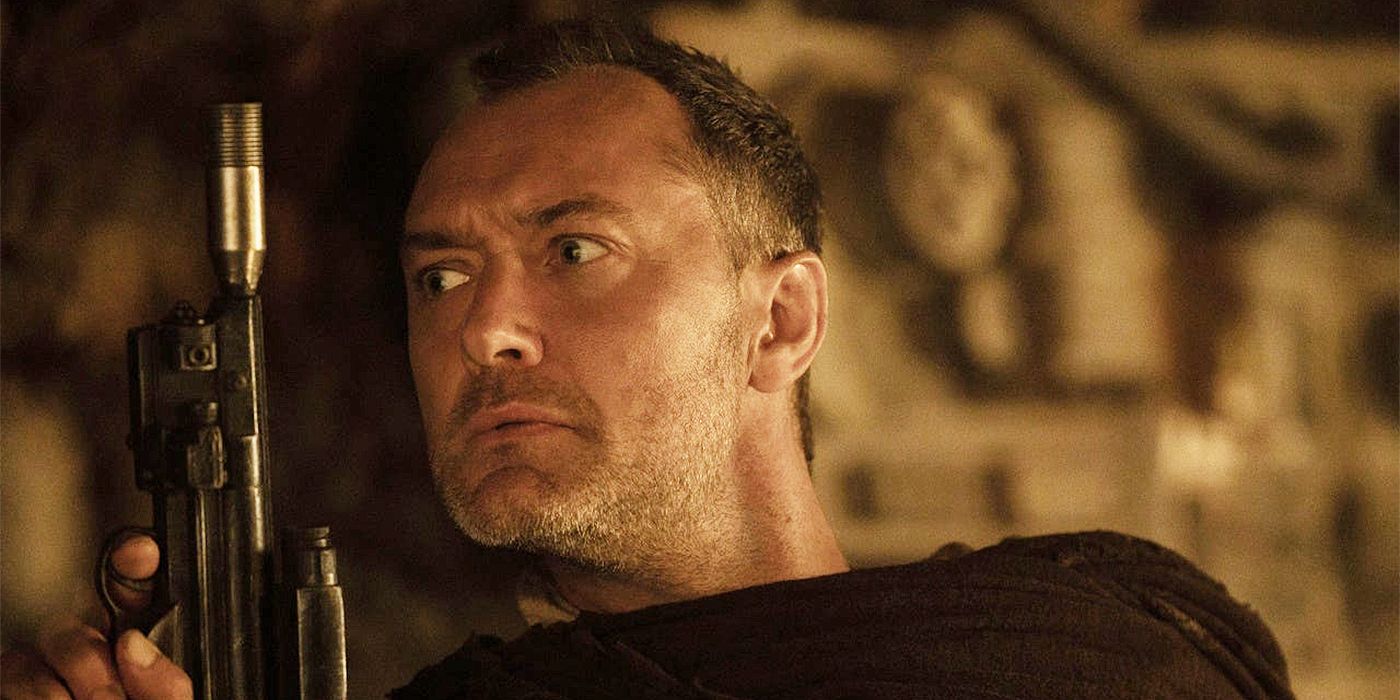
Related
This ‘Skeleton Crew’ Character’s Arc Isn’t Going the Way I Expected
Maybe I was wrong, but I had a bad feeling about him.
It’s all the more poignant when you come to understand that Jod isn’t really a villain; at least not in the way Star Wars typically presents them. Even in some of his crueler moments, there’s a distinct lack of malice to his actions (aside from dispatching Brutus). More often than not, we see Jod actively working to avoid escalating conflicts. Violence—or the threat of it—is typically a last resort, especially when he’s dealing with the children. During his initial heel turn, Jod implores Fern to yield in his combat challenge for control of the ship before threatening her with his blade. After re-capturing the kids and invading At Attin, threats are his primary means of control. Any weapons fired or used is done with the intent to scare, rather than wound.
Most telling is Jod’s reaction to KB falling from the sky aboard the ship, watching out the window, softly proclaiming, “She’ll never make it.” There’s no hint of victory in his reaction, nor is he reveling in the misery of the others in the room. If anything, he seems genuinely remorseful. It makes his later statement, “I don’t want to hurt anyone,” feel genuine despite his actions.
Is There Redemption for a Scoundrel in the Star Wars Galaxy?
In reality, Jod’s a scoundrel, having more in common with Han Solo (who’s also done plenty of shady things) than any of Star Wars’ bad guys. Jod’s actions are most certainly harsh, but he’s not evil simply for the sake of being evil. We see this clearly as all his plans fall apart with the arrival of the New Republic forces and the destruction of his frigate. And he simply… gives up. Wim’s lack of training with the lightsaber makes him little real threat and Jod, with his blaster, still holds the upper hand. But killing Wim, Fern, and their parents would serve no purpose beyond cruelty. Jod is the embodiment of the galaxy’s grey area, and the key to shaking up the kids’ simplistic point of view about good and evil. By his very nature, he’s a tool for their growth. At the end, when Wim calls out to Jod from the elevator, it’s not due to his previous idolization of the man, but an understanding of the galaxy’s denizens that cannot be easily quantified… or judged.
Such revelations wouldn’t be possible if Jod had been “redeemed.” Keeping Jod firmly in the grey area forces the kids (and us viewers) to accept the reality of who he is: A man with the capacity for great violence when necessary in order to satisfy his own selfish ends, but also capable of doing good, and extending genuine kindness on occasion. Being able to see the potential for goodness in people, even when they aren’t who you expected—or wanted—them to be, is a uniquely Star Wars theme.
Star Wars: Skeleton Crew is available to stream on Disney+.
Watch on Disney+


